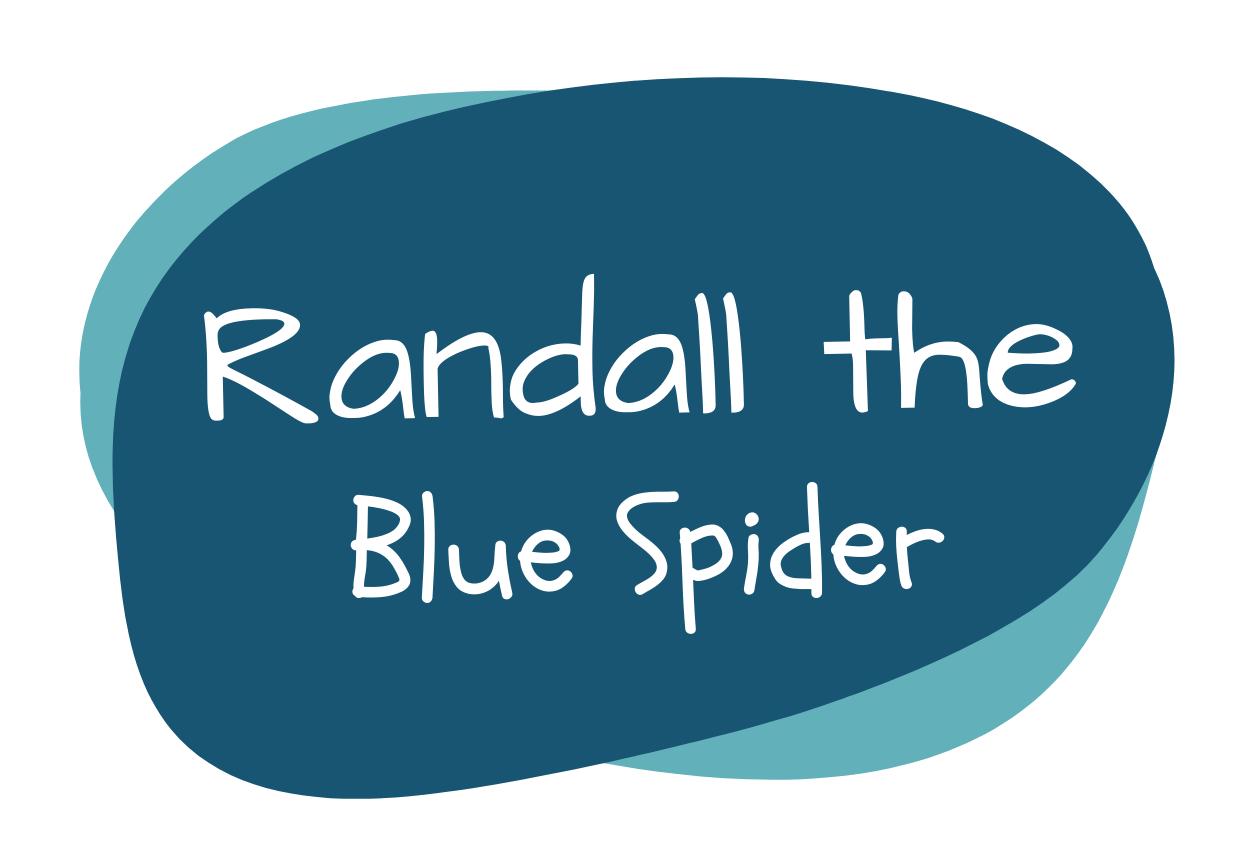Why Bees are Good for Your Garden
Did you know that honeybees have their own language? Or how about the fact that bees have a special dance known only to them called the “waggle dance” that they do to tell other bees where the best food sources are? Not only are bees complex and truly innate creatures, but they are also vital to our ecosystem + make the gardens that we love to tend to in the sunny months possible!!
In fact, without bees, most fruits, vegetables, flowers, and even some trees would not even grow.
Below we take a deep dive into the exact parts of a garden that bees help to grow, and further, how we can make our gardens more bee-friendly!
Why Bees Are Good for Your Garden:
1 - Bees support biodiversity!
If you appreciate the biodiversity of your garden, you have bees to thank for that! Not only do bees pollinate the flowers and shrubs in your garden, but they also pollinate blooming wildflowers and other natural landscapes, all of which tie hand in hand. Bees truly make so much beauty possible! So, next time you sit and marvel at the many colors of your garden, and all the different plant species you have growing, also take a moment to thank the bees for all the hard work they do to make biodiversity happen!
2 - Trees love bees too!
Does your garden include a mix of trees as well? You have the bees to thank for their growth as well! Trees including apple, hawthorn, hazel, cherry, pear, plum, horse chestnut, alder, pussy willow, holly, and whitebeam (just to name a few) all rely on bees pollinating them to successfully grow and flourish. Trees are not only beautiful but also help to clean the air of pollutants. So that clean air we breathe, thank the bees (and the trees) for that too!
3 - Bees make fruits & veggies possible!
Did you know that more than 90% of leading global crop types are visited by and rely on bees? Perhaps the best gardening buddy a person could ask for, bees make the fruits and veggies that you love to grow possible! Without bees, not only would our gardens not grow, but our favorite produce items that we buy at the grocery store would not be possible. Bees really are superheroes!
4 - Wildflowers would cease to exist without bees.
If you live someplace where you cannot grow a garden but find joy in going for long walks looking at all the blooming wildflowers, thank your neighborhood bees for this as well! According to studies, over 80% of European wildflowers grow because they are pollinated by bees!
I don’t know about you, but I am getting a better and better idea of where the term “busy bee” came from.
How to Attract Bees to Your Garden:
So, now that you have learned about how bees help our gardens (and the planet in general), you may be wondering how you can repay the favor. A great first step is to make your garden more bee-friendly! Below are a few tips that we've gathered for making your garden bee-friendly that you can start implementing today!
Include plants that attract bees!
One of the quickest ways to get bees to your garden is to choose plants that bees naturally are attracted to. The list is literally endless, but for starters, you can try: berries, wildflowers, herbs such as mint, basil, oregano, and sage, as well as lavender, sunflowers, and peonies! If fruit/vegetable gardening is more your thing, fear not because bees love veggies and fruits too. Try planting tomatoes, broccoli, pumpkins, squash, or watermelons (just to name a few)!
Choose plants that have a long blooming season.
When you choose plants that have longer blooming times (or successive blooms), you are giving bees more time to sustain themselves in your garden + keep them coming back all year long!
Group your plants together.
If you have the room, use at least one square yard of space to plant a few of the same type of plants. This will be the ultimate bee attractor and make them so happy! If you do not have the space, even a small planter on your balcony with a couple of the same plants will still help feed your local honey bees!
Avoid using pesticides or other harsh chemicals in your garden.
If they aren't good for you, they certainly are not suitable for the bees either and will be a quick deterrent for bringing more bees to your garden. Avoid using harsh pesticides, herbicides, or chemicals in your garden.
It's safe to say that the very world that we live in and love would absolutely not be the same without bees. Without bees, we would cease to have the food we love, the landscapes that take our breath away, or the gardens that we shower with love. Bees are indeed so incredible, and we have so very much to thank them for.
For more information on how bees help the earth and how we can help them in return, check out:
10 Reasons Why Bees Are Important...(and awesome!) - This article is excellent for learning even more how bees impact the planet. <3
Bee Friendly Garden -Plant a Bee Garden for Honeybees - BEVERLY BEES - A fantastic article for learning more about how to make your garden a bee-friendly zone.
Written by Olivia Abboud, the owner and CEO of MediaHer, a Digital Marketing Agency focused on empowering brands through social media.

